Where does Kyrsten Sinema belong?
The senator has both parties actively working to defeat her


A free daily email with the biggest news stories of the day – and the best features from TheWeek.com
You are now subscribed
Your newsletter sign-up was successful
Arizona Sen. Kyrsten Sinema, who left the Democratic party late last year, said this week that she'll remain an independent and never join the Republicans. "You don't go from one broken party to another," Sinema said on CBS' Face the Nation.
Sinema, who walked out three days after Democrats slightly expanded their narrow Senate majority in the midterm elections, hasn't officially said whether she will run for a second term. If she does, she'll face challengers from the left and the right. Rep. Ruben Gallego is running for the Democratic nomination, and Mark Lamb, the sheriff of Pinal County, is running to represent Republicans.
Sinema has seized the moment of her party transition as an opportunity to intensify her push against the bitter partisanship that has brought Congress to a standstill. She said she wants to show that the divisions between the parties "should be celebrated," and not used as an excuse for gridlock. "That's an important part of a democracy," Sinema said on Face the Nation. "But those differences shouldn't stop us from getting things done." What role is there for Sinema to play in Washington?
The Week
Escape your echo chamber. Get the facts behind the news, plus analysis from multiple perspectives.

Sign up for The Week's Free Newsletters
From our morning news briefing to a weekly Good News Newsletter, get the best of The Week delivered directly to your inbox.
From our morning news briefing to a weekly Good News Newsletter, get the best of The Week delivered directly to your inbox.
Sinema's 'cageyness' is raising her profile
Sinema is smart, and she has made all the necessary calculations on whether to run for re-election, said E.J. Montini in The Arizona Republic. But she "knows that by not announcing her decision she keeps potential rivals off balance and keeps the press at bay." And the "lovesick national media" is letting her string it along, because her "cageyness is catnip to reporters." They are rewarding her refusal to commit to her next step by showering her with publicity. But if she waits too long to make her move she might give voters a reason to move on without her, leaving her without a place in the Senate.
Senate Republicans think Sinema, a rare centrist, belongs with them, said Karen Townsend in Hot Air. but she's continuing to caucus with Democrats. She has "been a thorn in the side of Senate Democrats since she came to the Senate, holding their feet to the fire on being more fiscally conservative. She has also been doggedly working on trying to secure the southern border at a time when Democrats don't show the slightest interest in doing that." She also has "refused to go along to get along with some of Biden's trillion-dollar spending boondoggles." But when push comes to shove, she and her "partner in crime," Sen. Joe Manchin (D-W.V.), disappoint conservatives and vote with Democrats.
Sinema is putting the two-party system to the test
Sinema was in danger of being knocked out in the Democratic primaries by a progressive challenger, and she's "betting that her lawmaking acumen will attract a new coalition of Arizona voters," said Robert Draper in The New York Times. She has a new kind of challenge ahead, if she runs, "with two parties, rather than just one, actively working to defeat her." And Gallego so far has outraised her $3.7 million to $2.1 million, although she still has far more in the bank. "No one unaffiliated with either of the two parties has ever won state office" in Arizona. "Her test case, if it succeeds, could in turn rattle the foundation of a two-party system that has held sway in America for a century."
Sinema and Manchin haven't officially launched re-election campaigns, but they will be "underdogs" when they do, said Josh Kraushaar in Axios. "Despite being an incumbent in a state with a large number of independents, Sinema has consistently polled in third place" in a three-way matchup. "Swing voters make up the difference in competitive elections," and Sinema and Manchin "have been at the center of congressional dealmaking" during President Biden's time in the White House. But they are "facing long odds," despite their "bipartisan appeal," because both parties are "still gravitating to the extremes." If Sinema and Manchin can't survive politically, it is "very possible that we won't be seeing many bipartisan dealmakers left in Washington after 2024."
A free daily email with the biggest news stories of the day – and the best features from TheWeek.com
Harold Maass is a contributing editor at The Week. He has been writing for The Week since the 2001 debut of the U.S. print edition and served as editor of TheWeek.com when it launched in 2008. Harold started his career as a newspaper reporter in South Florida and Haiti. He has previously worked for a variety of news outlets, including The Miami Herald, ABC News and Fox News, and for several years wrote a daily roundup of financial news for The Week and Yahoo Finance.
-
 6 of the world’s most accessible destinations
6 of the world’s most accessible destinationsThe Week Recommends Experience all of Berlin, Singapore and Sydney
-
 How the FCC’s ‘equal time’ rule works
How the FCC’s ‘equal time’ rule worksIn the Spotlight The law is at the heart of the Colbert-CBS conflict
-
 What is the endgame in the DHS shutdown?
What is the endgame in the DHS shutdown?Today’s Big Question Democrats want to rein in ICE’s immigration crackdown
-
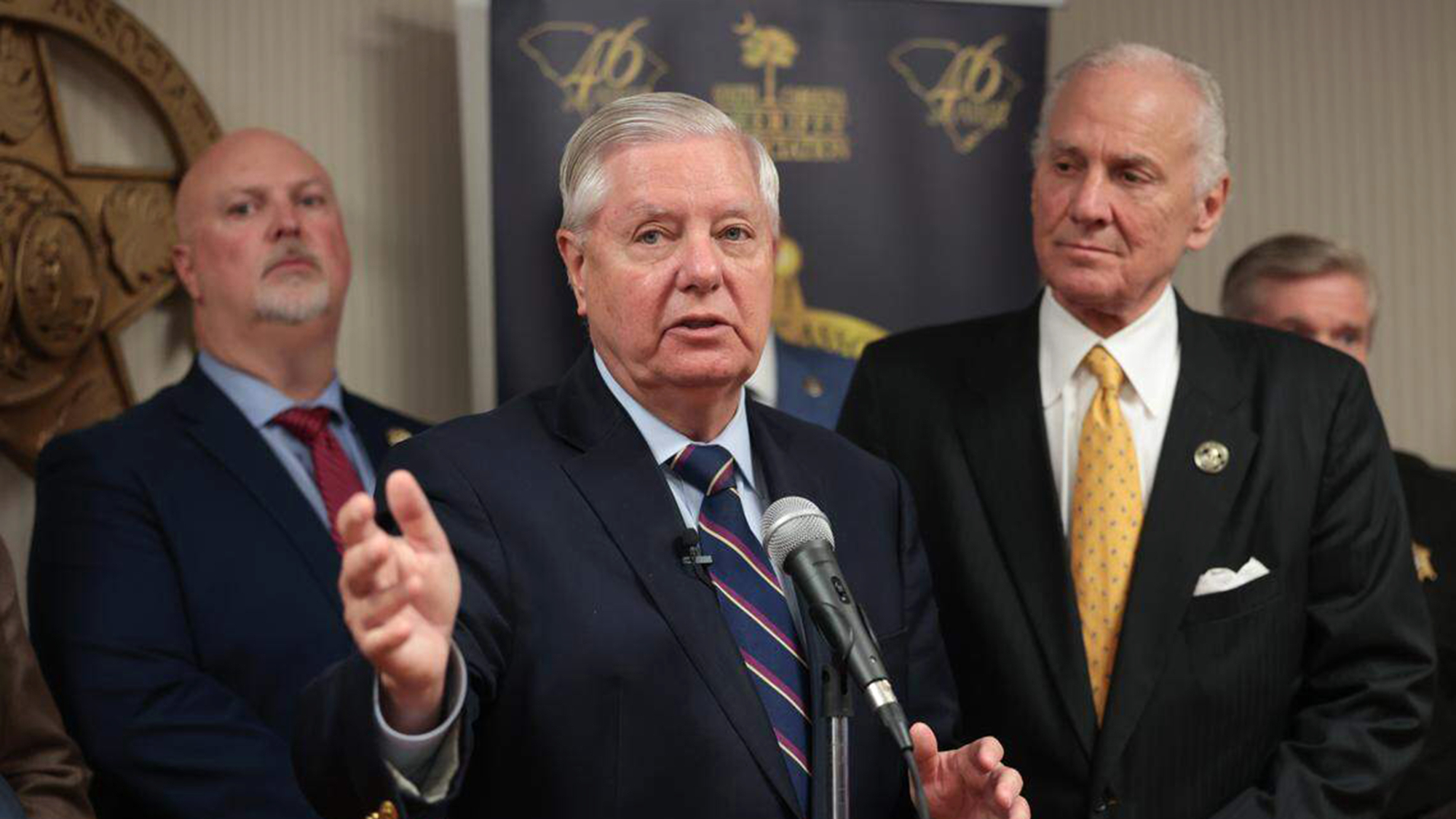 GOP retreats from shutdown deal payout provision
GOP retreats from shutdown deal payout provisionSpeed Read Senators are distancing themselves from a controversial provision in the new government funding package
-
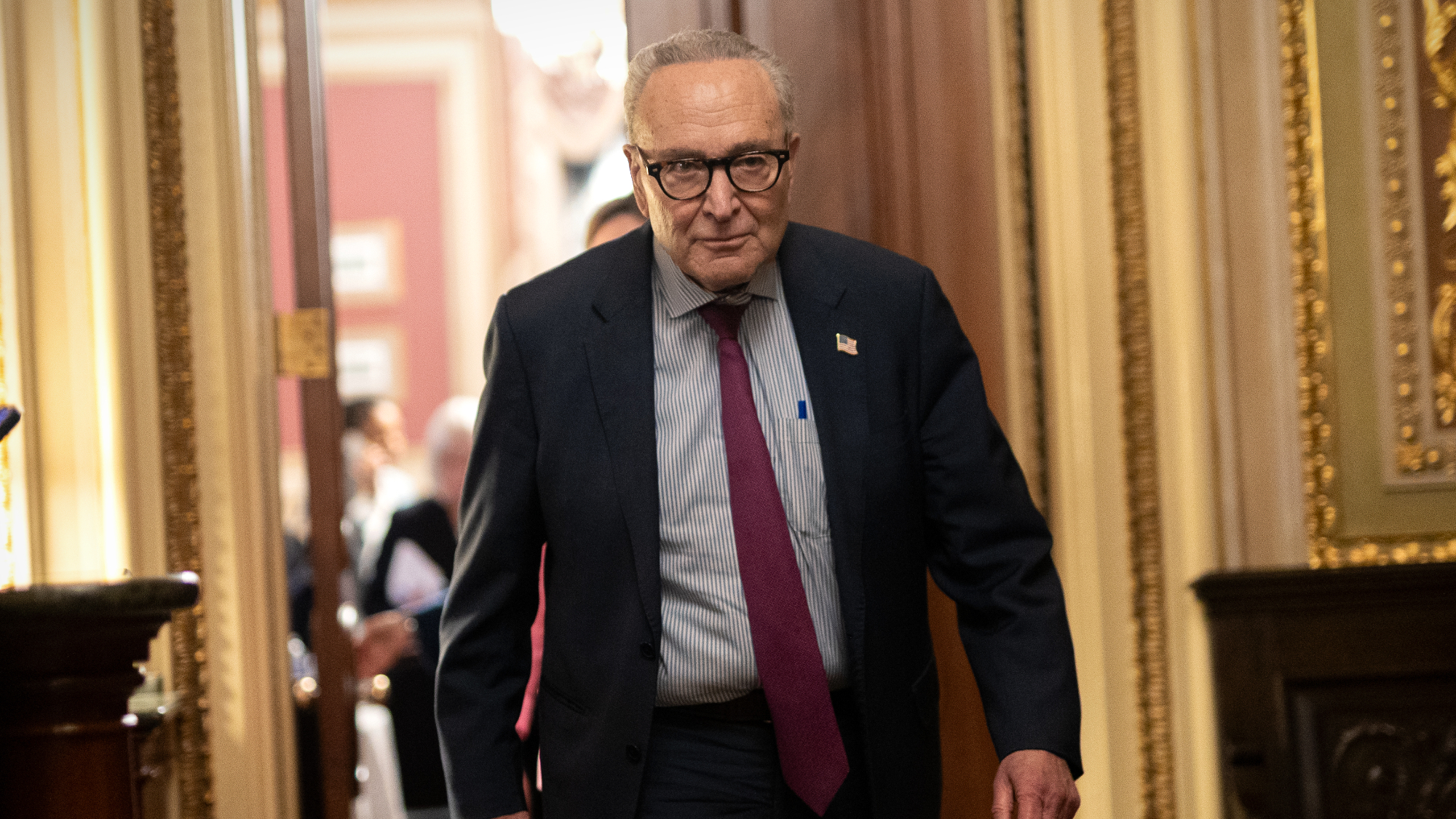 Democrats split as Senate votes to end shutdown
Democrats split as Senate votes to end shutdownSpeed Read The proposed deal does not extend Affordable Care Act subsidies, the Democrats’ main demand
-
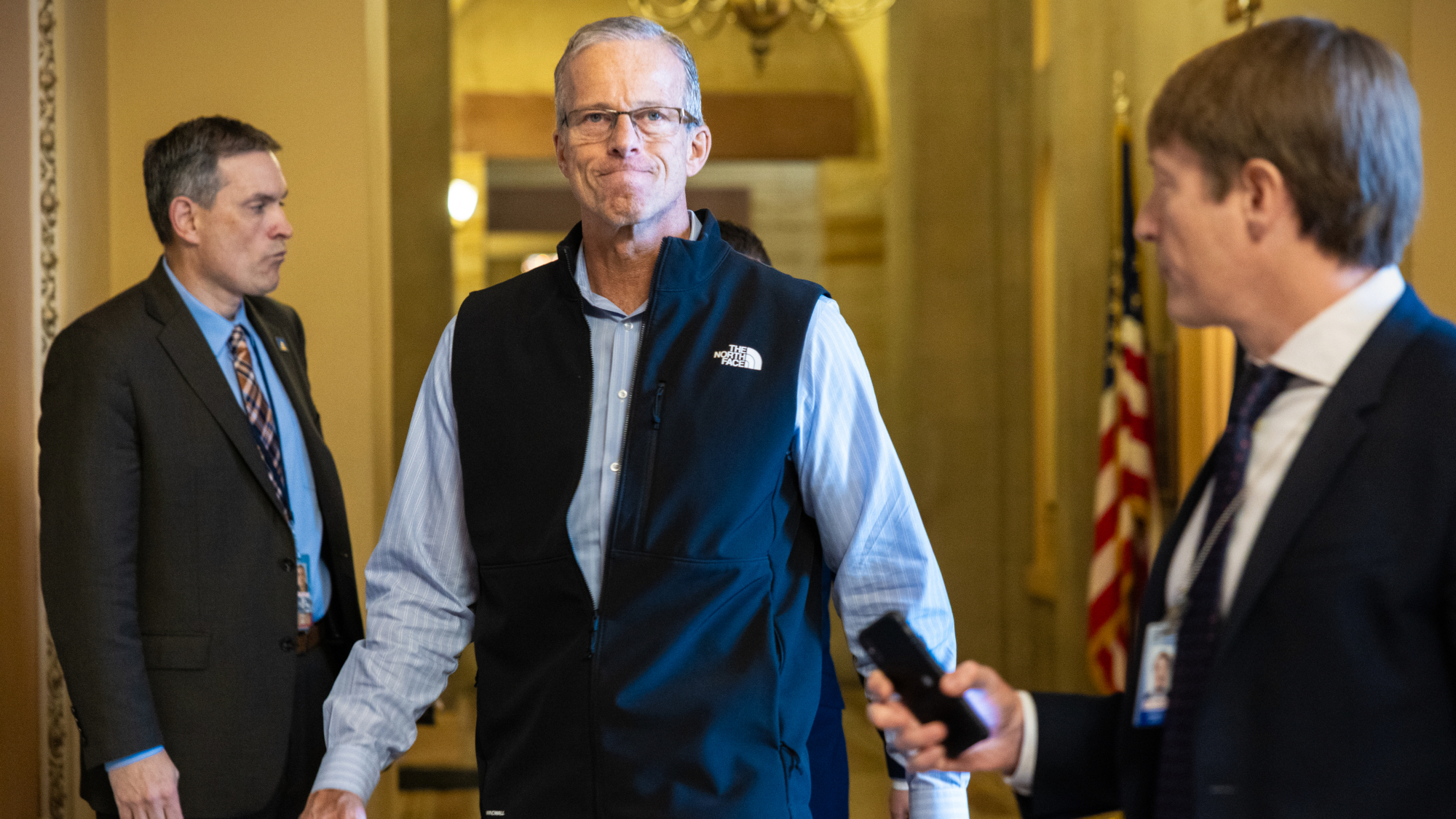 Senate takes first step to end record shutdown
Senate takes first step to end record shutdownSpeed Read Eight senators in the Democratic caucus voted with Republicans to advance legislation to reopen the government
-
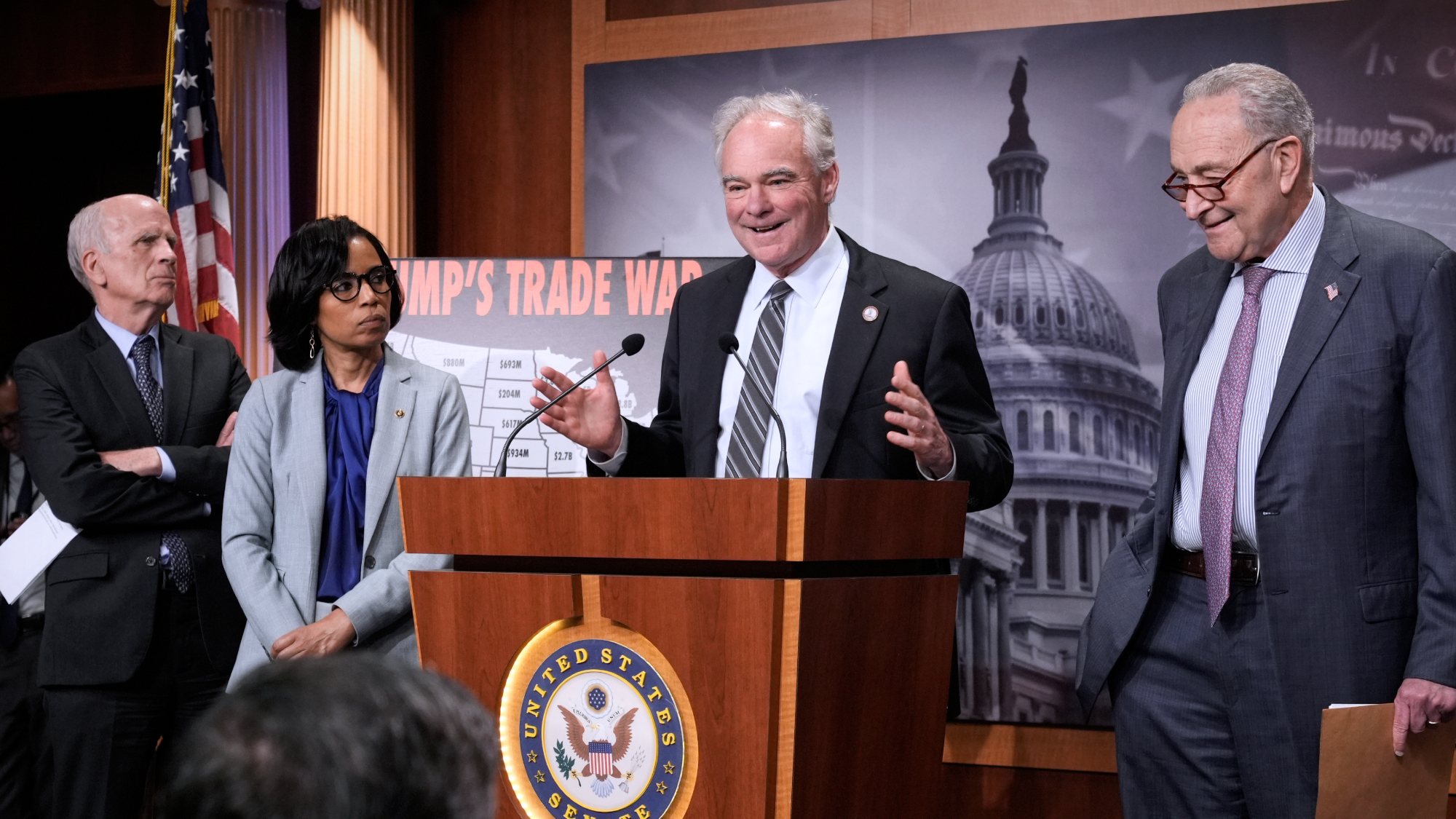 Senate votes to kill Trump’s Brazil tariff
Senate votes to kill Trump’s Brazil tariffSpeed Read Five Senate Republicans joined the Democrats in rebuking Trump’s import tax
-
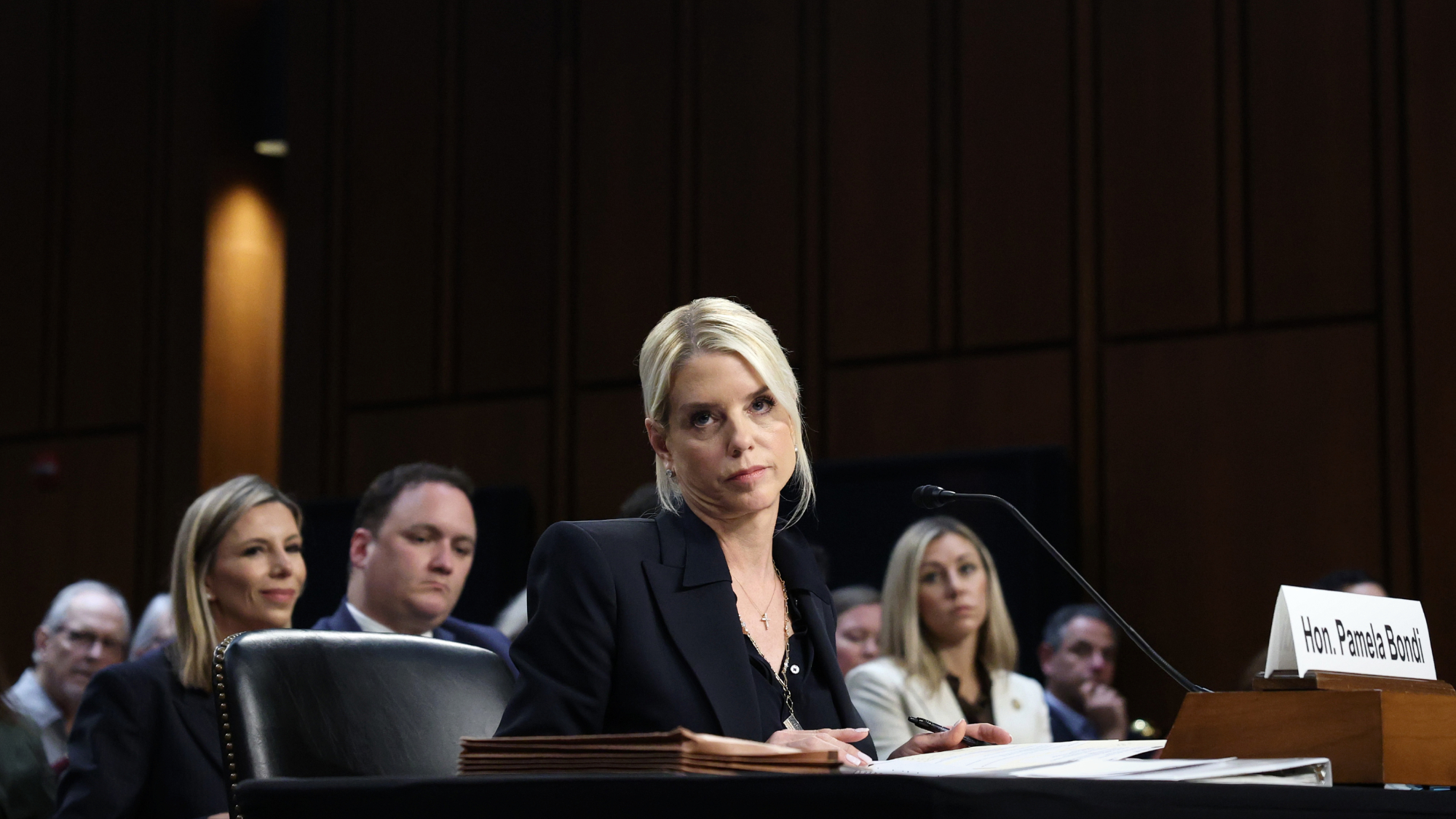 Bondi stonewalls on Epstein, Comey in Senate face-off
Bondi stonewalls on Epstein, Comey in Senate face-offSpeed Read Attorney General Pam Bondi denied charges of using the Justice Department in service of Trump’s personal vendettas
-
 What are blue slips and why does Trump want to end them?
What are blue slips and why does Trump want to end them?Today's Big Question The practice lets senators block a president's judge and prosecutor nominees
-
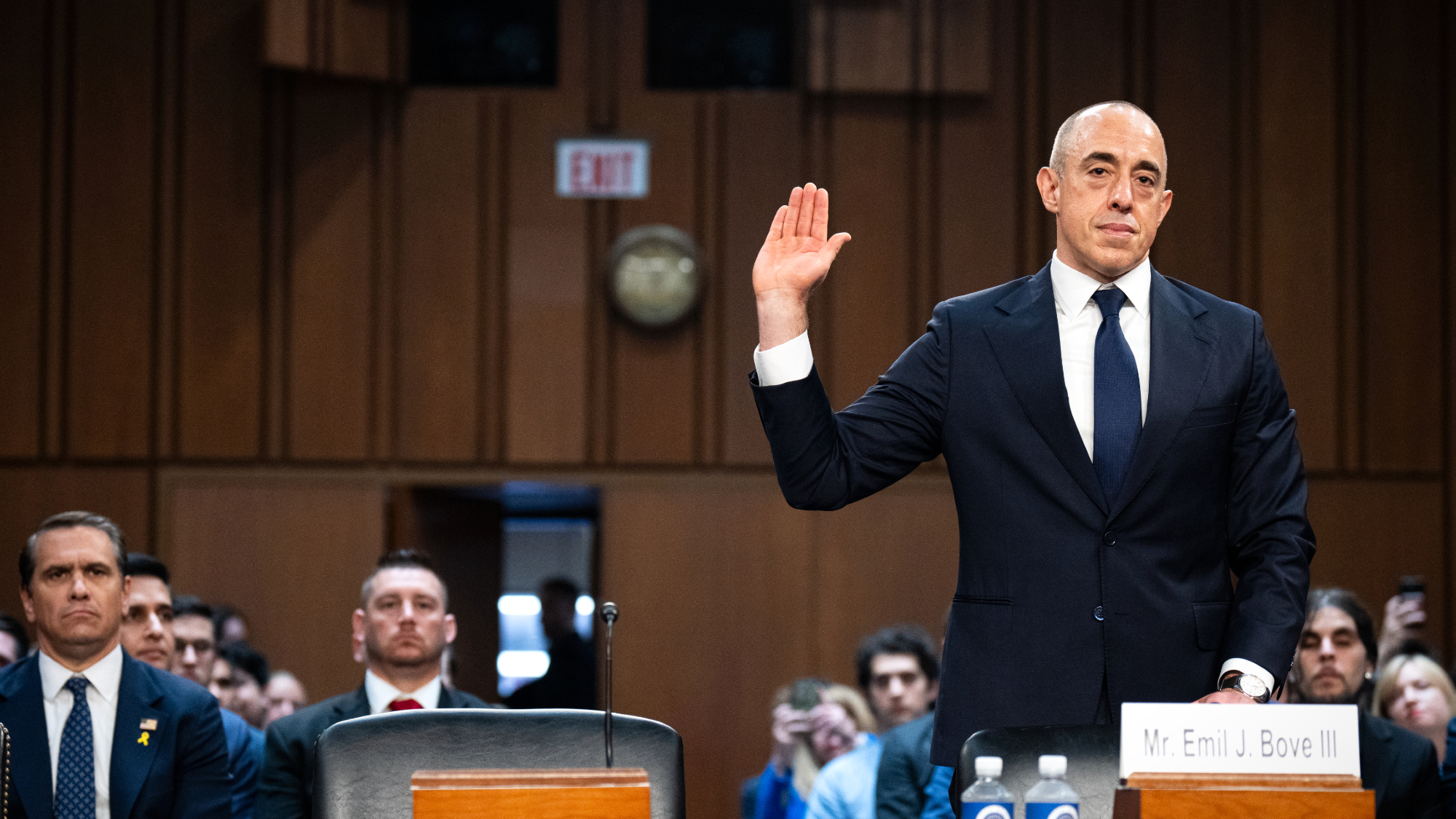 Senate confirms Trump loyalist Bove to top court
Senate confirms Trump loyalist Bove to top courtSpeed Read The president's former criminal defense lawyer was narrowly approved to earn a lifetime seat
-
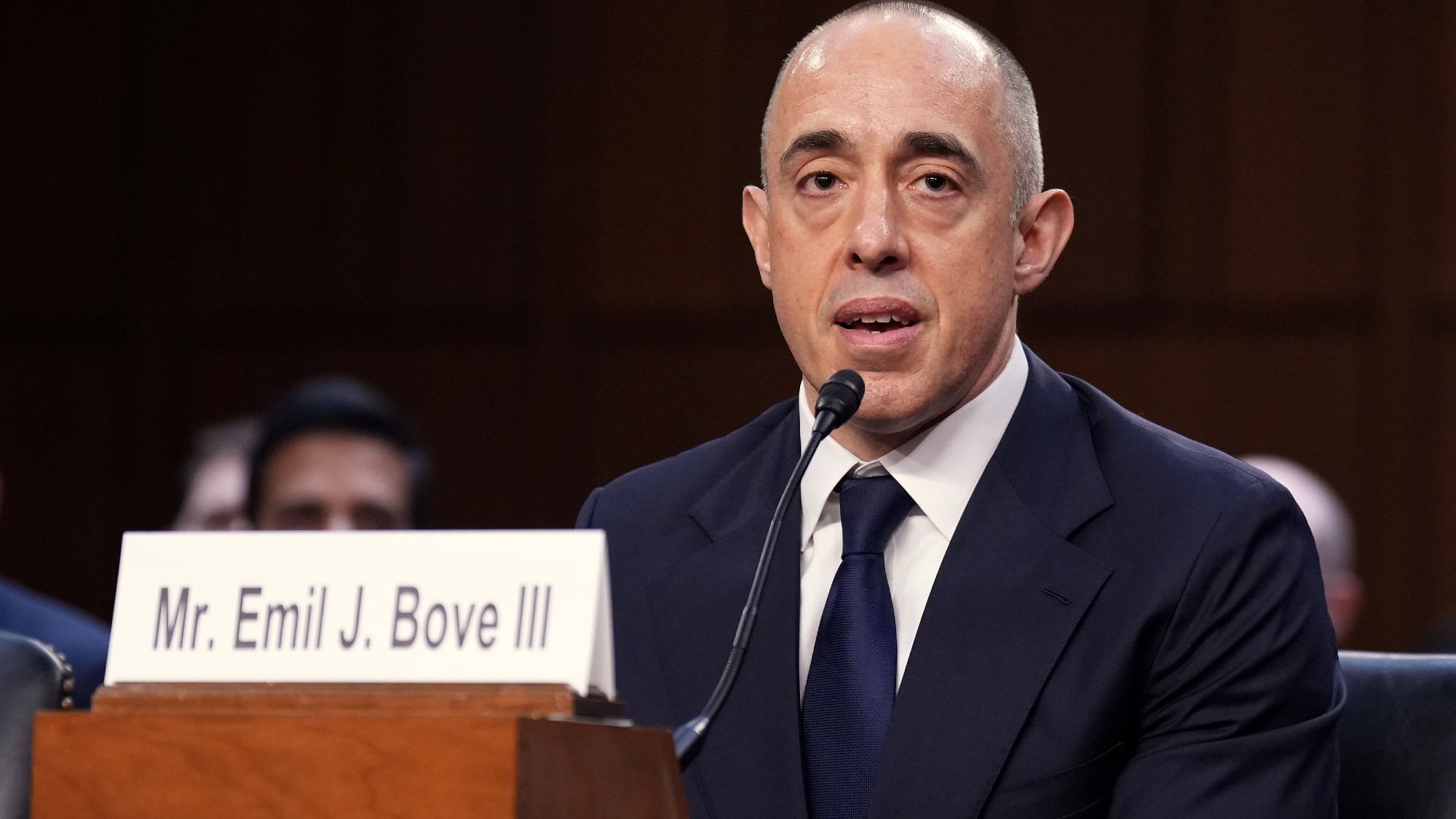 Emil Bove: The start of a MAGA judiciary?
Emil Bove: The start of a MAGA judiciary?Feature President Trump's former personal attorney is on the verge of being confirmed by Senate Republicans
